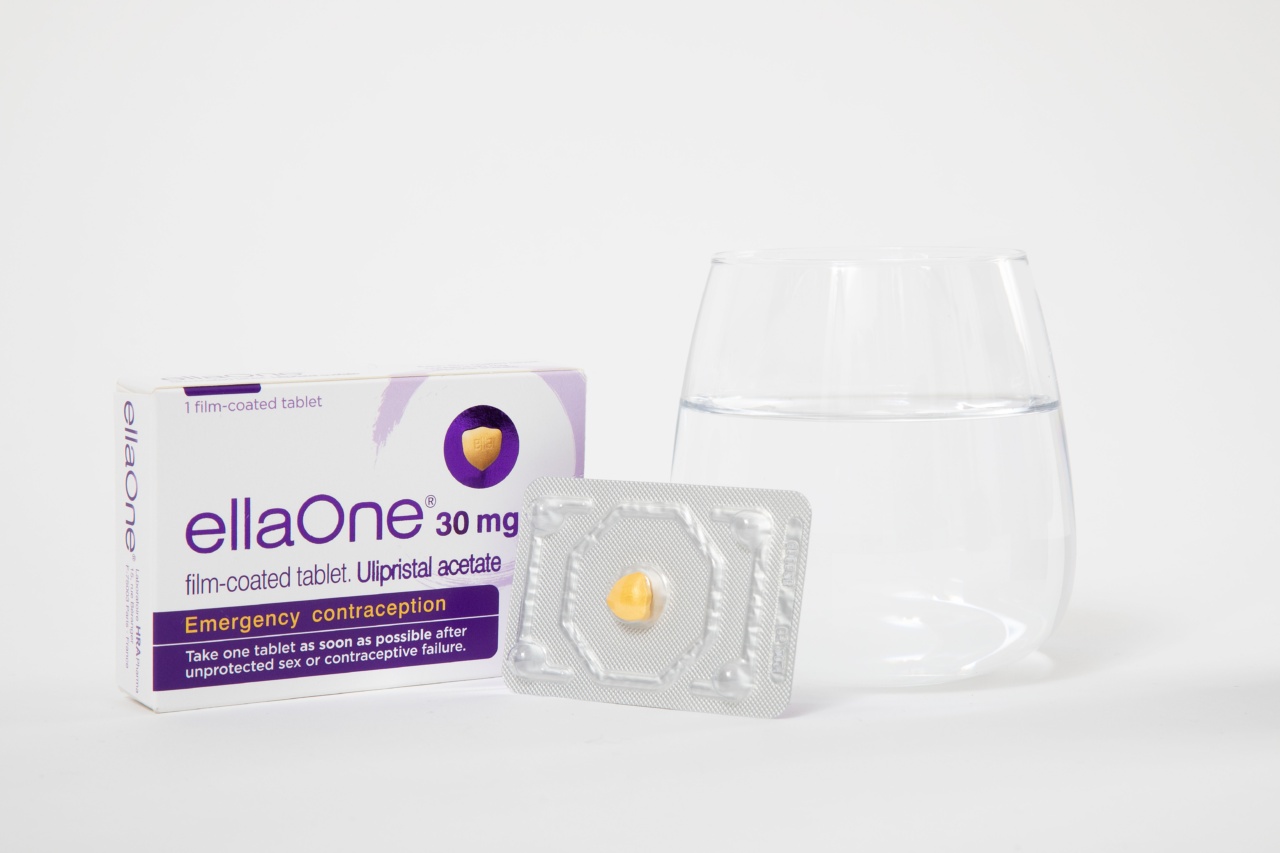After giving birth, many parents seek to put a pause on expanding their family to focus on the immediate needs of their newborn. Luckily, there are various contraception options available that can effectively prevent pregnancy.
These options range from short-acting methods to long-acting reversible contraceptives (LARCs), each with different levels of efficacy, benefits, and considerations. In this article, we will explore these contraception options and provide useful information to help new parents make informed choices.
1. Barrier Methods
Barrier methods create a physical barrier between sperm and egg, hindering fertilization. These methods are user-controlled and do not require any medical intervention.
1.1 Condoms.
Condoms are thin coverings made of latex or polyurethane that are worn over the penis or inserted into the vagina. They not only prevent pregnancy but also provide protection against sexually transmitted infections (STIs).
Condoms are easily accessible, affordable, and have minimal side-effects.
1.2 Diaphragms and Cervical Caps.
Diaphragms and cervical caps are flexible barrier devices that cover the cervix, blocking sperm from entering the uterus.
These methods require a healthcare professional to properly fit them and are used in conjunction with spermicide for increased effectiveness.
2. Hormonal Methods
Hormonal contraception involves the use of synthetic hormones to prevent pregnancy by suppressing ovulation, thickening cervical mucus, and thinning the lining of the uterus.
2.1 Birth Control Pills.
Birth control pills, often referred to as “the pill,” contain hormones that prevent ovulation. There are different types of pills, including combination pills (containing both estrogen and progestin) and progestin-only pills.
It is important to take the pill consistently and at the same time every day for optimal efficacy.
2.2 Injectable Contraceptives.
Injectable contraceptives, such as Depo-Provera, are administered by a healthcare professional and provide contraception for a span of three months. These injections contain progestin and require regular appointments for administration.
2.3 Hormonal Implants.
Hormonal implants, like the contraceptive implant or IUD (Intrauterine Device), are small, flexible rods that are inserted under the skin to release progestin over a specific period, ranging from three to five years.
They are highly effective and low maintenance.
3. Intrauterine Devices (IUDs)
IUDs are popular long-acting contraception devices that are inserted into the uterus by a healthcare professional. They come in two forms: hormonal IUDs and copper IUDs.
3.1 Hormonal IUDs.
Hormonal IUDs, such as Mirena or Kyleena, release progestin and provide contraception for three to six years. They are excellent options for those seeking long-term birth control without the need for daily maintenance.
3.2 Copper IUDs.
Copper IUDs, like ParaGard, do not contain hormones but use copper to create an environment that is toxic to sperm, preventing fertilization. They can provide contraception for up to ten years.
4. Permanent Methods
If you are certain that you have completed your family and do not wish to have any more children, permanent contraception methods may be considered. These methods are non-reversible and may involve surgical procedures.
4.1 Tubal Ligation.
Tubal ligation is a surgical procedure in which the fallopian tubes are either blocked, sealed, or cut to prevent the egg from reaching the uterus.
It is a highly effective permanent contraceptive method for those who are certain they do not want future pregnancies.
4.2 Vasectomy.
Vasectomy is a surgical procedure for males that involves cutting or blocking the vas deferens, the tubes that carry sperm from the testicles.
It is a permanent contraceptive method that does not affect sexual function but requires a healing period and confirmation of sperm absence before it can be considered fully effective.
Considerations for Choosing a Contraception Option
When deciding which contraception option is most suitable after giving birth, there are several factors to consider:.
5.1 Effectiveness.
Understanding the effectiveness rate of each method is crucial in making an informed decision. The overall effectiveness can be influenced by factors such as user error and adherence to instructions.
5.2 Convenience.
Consider the level of convenience required. Some methods, such as the pill or condoms, require regular reminders or usage before intercourse, while others, like IUDs, offer long-term protection without daily maintenance.
5.3 Breastfeeding.
If you are breastfeeding, some hormonal contraceptive methods may temporarily impact milk production. It is advisable to discuss this aspect with your healthcare provider to determine the best choice for you.
5.4 Future Family Planning.
Consider your plans for future pregnancies. If you desire to have more children in the future, reversible methods such as IUDs or implants may be more suitable.
5.5 Health Considerations.
It is essential to consider your health history, potential side effects, and any contraindications associated with specific methods.
Consulting with a healthcare provider can help address any concerns and choose a method that aligns with your individual needs.
Conclusion
Choosing the right contraception method following childbirth is a significant decision for new parents.
With various options available, it is important to consider effectiveness, convenience, breastfeeding implications, future family planning, and personal health circumstances. Seeking guidance from a healthcare provider can ensure that you make an informed choice that aligns with your specific needs and preferences, enabling you to focus on the joy of parenthood without worries of unplanned pregnancies.





























